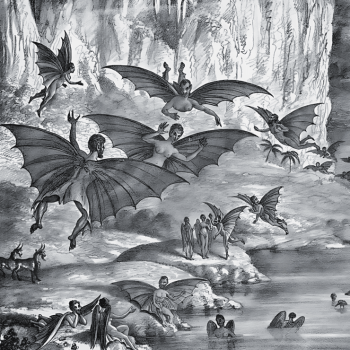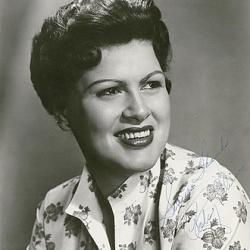Many folks in this muddled middle of the American electorate happen to be adherents to (or products of) mainline Protestant churches, and here is where mainline Protestantism can make its mark. Mainline Protestantism represents a deep tradition of moral reflection, a formidable network with broad cultural reach, and a considerable political presence (when properly mobilized) with effective means of communication. Without aspiring to a new hegemony, mainline Protestantism can become an institutional voice for a large segment of the muddled middle, serving as a counter to the stranglehold that ideological extremes now have on our political process and the media. In doing so, mainline Protestantism can promote the priorities moderate Americans apparently share: comfort with nuance and complexity, a pragmatic openness to compromise, and a desire for greater public civility.
I am not naïve enough to ignore the fact that mainline Protestants often deal with their own disagreements in decidedly uncivil terms. But I am convinced that incivility in denominational discourse is often a product of mimicking the larger political culture, at the expense of the traditions' own resources for respectful dialogue and responsible intellectual debate. Tapping into its rich moral traditions, and providing an institutional presence for many Americans dissatisfied with the extremes on both the right and left, mainline Protestantism could contribute meaningfully to American moral discourse, in a way that is substantive but not domineering. If mainline churches can play a role in transfusing some modicum of civility into our contentious political landscape, then they will have carved out for themselves an admirable future in an allegedly post-Christian century.
James Calvin Davis is the author of the forthcoming book In Defense of Civility: How Religion Can Unite America on Seven Moral Issues that Divide Us (Westminster John Knox Press). An expert on religion and American politics, he also is author of The Moral Theology of Roger Williams: Christian Conviction and Public Ethics (Westminster John Knox, 2004) and editor of On Religious Liberty: Selections from the Works of Roger Williams (Harvard, 2008). He teaches ethics and American religion at Middlebury College in Vermont.




